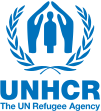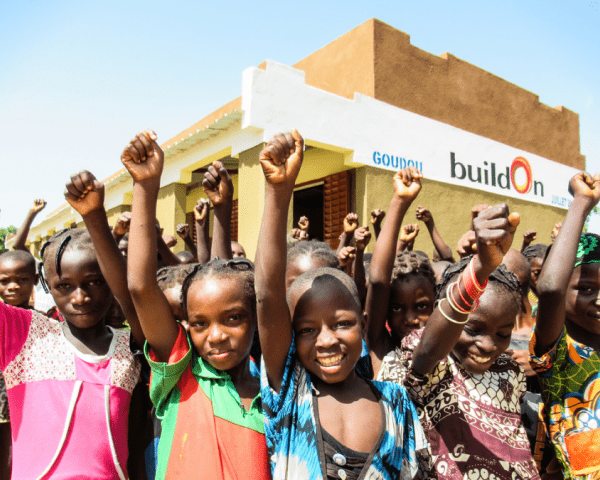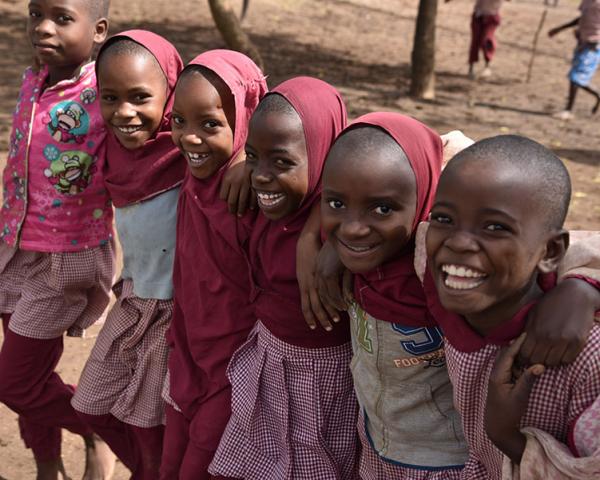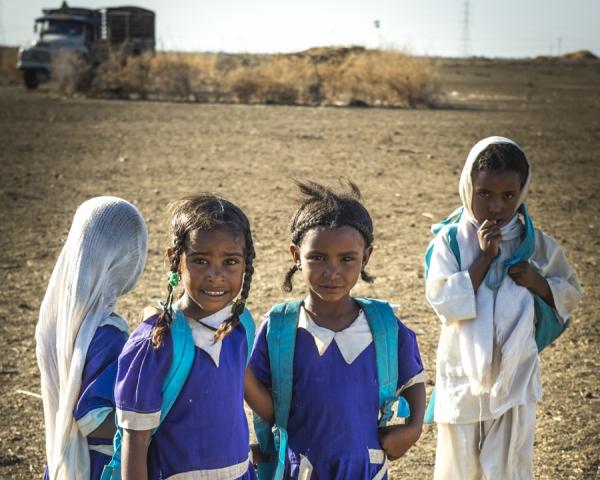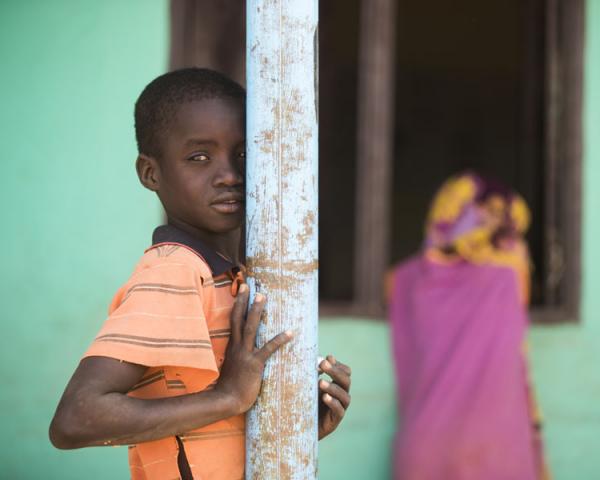OOSC under UNHCR’s Mandate are Provided Access to Quality Equitable Primary Education
Project Status
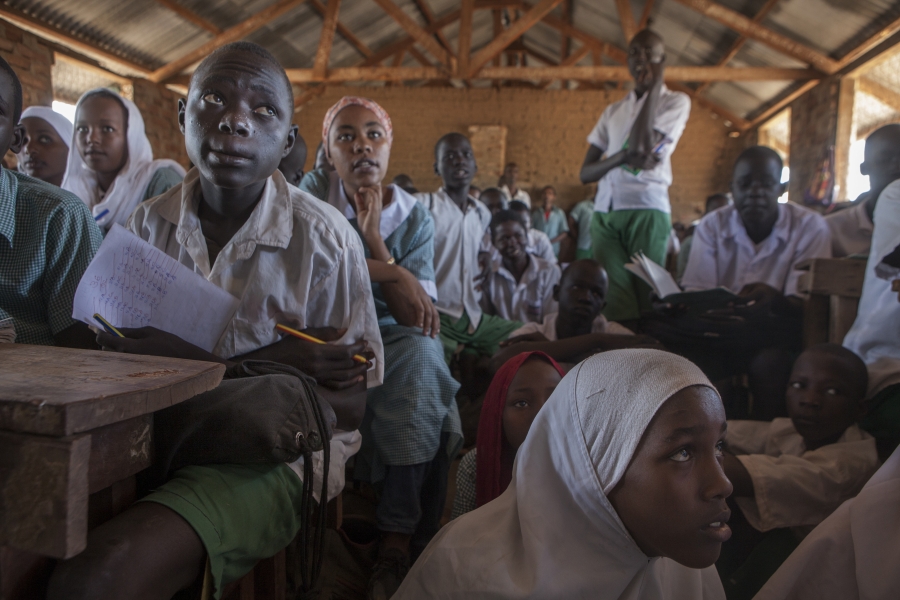
UNHCR, the UN Refugee Agency, is a global organisation dedicated to saving lives, protecting rights and building a better future for refugees, forcibly displaced communities and stateless people. Since 1950, it has faced multiple crises on multiple continents and provided vital assistance to vulnerable people in need, many of whom have nobody left to turn to. With the start of the 21st century, UNHCR has helped address major refugee crises in Africa, the Middle East and Asia. Regarding education access, UNHCR partners with governments and international organisations to ensure quality protective education for refugee children and young people everywhere. At present, UNHCR has more than 17,000 personnel working in 132 countries and reached over 50 million refugees to successfully restart their lives.
Since 2012, EAC and UNHCR have successfully implemented three partnership projects in 12 countries (14 field operations). This has resulted in the enrolment of more than 1.2 million out of school refugee children into quality primary education. In partnership with EAC, UNHCR has rolled out a fourth project known as OOSC under UNHCR’s Mandate are Provided Access to Quality Equitable Primary Education to build on this collaborative experience and the lessons learned from earlier initiatives. This iteration will be implemented over a three-year period (2020-2022) to enrol an additional 364,857 OOSC across 14 countries, which will include ten of the 12 countries from the previous projects (Chad, Kenya [Dadaab and Kakuma], Malaysia, Pakistan, Rwanda, South Sudan, Sudan, Uganda, Syria and Yemen) and four new countries namely Cameroon, Iraq, Malawi and Mexico.
The joint EAC/UNHCR Mandate Project is consistent with the latter’s education strategy, which is based on the inclusion of all children into national systems, and is fully aligned with Sustainable Development Goal 4 (SDG4). The project has as its primary focus refugees and, in a few specific countries, internally displaced populations (IDPs) and also includes the local population as per the approach consistent with the Global Compact on Refugees.
Regarding sustainability, the project strategies correspond with the Comprehensive Refugee Response Framework (CRRF), which aim to leverage partner expertise at all levels to undertake a shift from humanitarian assistance to one that aligns education activities for refugees with national education development plans.
For more information about this EAC Implementing Partner, please visit the UNHCR website.






